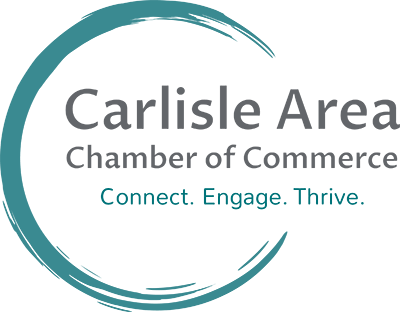Starting a business is exciting — but it’s also easy to stumble into pitfalls that slow growth or cause unnecessary stress. Below are the most common mistakes new small business owners face and practical ways to sidestep them.
Mistake 1: Underestimating Startup Costs
Many first-time entrepreneurs think passion and grit will cover all bases. But without an accurate budget, expenses pile up quickly. From licenses to marketing and employee payroll, costs often exceed initial estimates.
?? Small Business Administration offers a helpful calculator to keep projections realistic.
Mistake 2: Overlooking Contracts and Agreements
New owners often underestimate how complex managing contracts can be. Relying on manual processes like printing and scanning slows things down and increases risk. A more efficient approach is adopting digital tools that allow for secure electronic signatures. By doing this, you speed up transactions, keep documents organized, and look more professional. If you’d like a step-by-step resource, check this out.
Mistake 3: Ignoring Marketing Early On
Some founders assume that a good product will “sell itself.” In reality, you need visibility before customers will find you. A clear marketing plan — even a basic one — helps establish early traction.
?? Tools like HubSpot’s marketing strategy guide can get you started.
Mistake 4: Not Delegating or Outsourcing
It’s tempting to do everything yourself. But spreading too thin leads to burnout. Delegating admin tasks, accounting, or even social media can free up time to focus on growth.
?? Explore Fiverr’s small business freelancers to test outsourcing without long-term commitments.
Mistake 5: Skipping Formal Business Planning
Running without a business plan can make growth directionless. Writing even a one-page plan clarifies your goals, target customers, and revenue models.
?? The Bplans template library has easy examples.
Mistake 6: Mixing Personal and Business Finances
Failing to separate accounts makes tax time complicated and can cause legal issues. Opening a dedicated business bank account helps protect your personal assets and creates credibility with vendors.
?? Learn more through Investopedia’s guide on business bank accounts.
Quick Reference Table: Mistakes and Fixes
|
Common Mistake |
Why It Hurts |
How to Avoid It |
|
Underestimating startup costs |
Unexpected debt and cash shortages |
Use cost calculators; build a buffer |
|
Overlooking contracts |
Delays and costly errors |
Use digital e-signature tools |
|
Ignoring marketing |
Customers can’t find you |
Create a simple strategy early |
|
Not delegating/outsource |
Burnout, lack of focus |
Outsource tasks to trusted partners |
|
Skipping business planning |
No clear direction or metrics |
Write a one-page plan with goals and strategies |
|
Mixing personal & business finances |
Tax complications, legal exposure |
Open a separate business account |
Bulleted Checklist for New Owners
-
? Calculate all startup costs before launch
-
? Open a dedicated business bank account
-
? Create a basic marketing plan
-
? Write at least a one-page business plan
-
? Adopt digital tools for contracts and payments
-
? Delegate or outsource tasks to save time
FAQ: Common Small Business Owner Questions
Do I need a business plan if I’m starting small?
Yes. Even a short plan helps guide your decisions and makes financing easier.
What’s the best way to market on a budget?
Leverage free or low-cost channels first, like social media, community events, and local chamber networks.
Should I hire employees right away?
Not always. Consider freelancers or contractors until you’re sure of steady revenue.
How do I keep personal and business money separate?
Open a business bank account and consider bookkeeping software like QuickBooks to track expenses.
What’s the simplest way to handle contracts securely?
Use an electronic signature platform — it speeds up approvals and reduces mistakes.
Conclusion
Most mistakes stem from under-preparation and trying to do too much alone. By budgeting carefully, planning early, adopting the right tools, and focusing on visibility, you’ll set your small business up for sustainable success.
Discover the vibrant Carlisle region with the Carlisle Chamber of Commerce and unlock exclusive benefits, events, and connections that will elevate your business.

